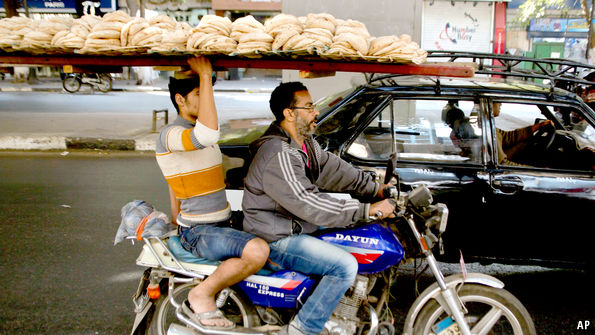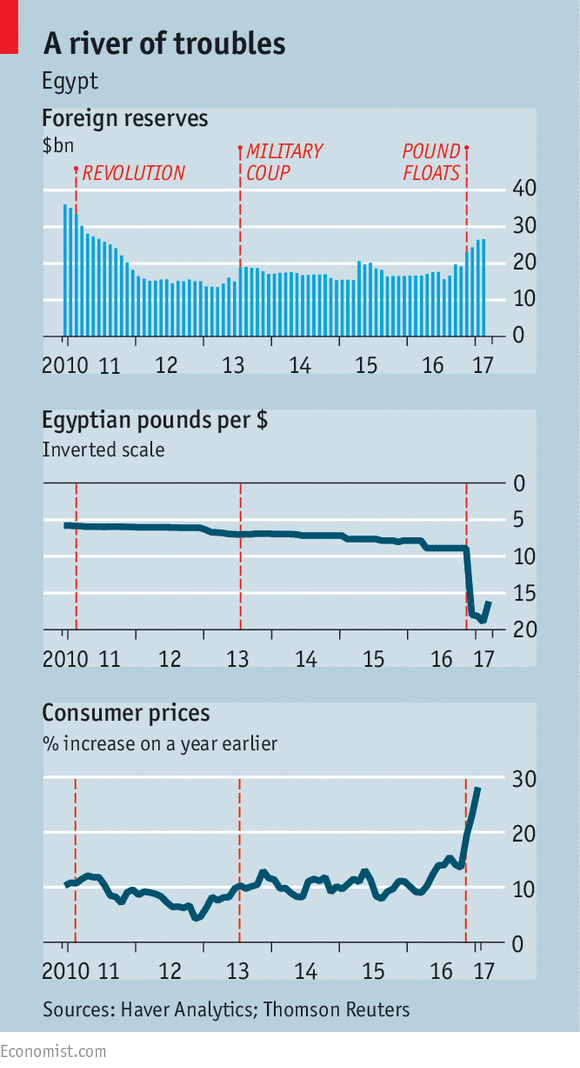The SC
ELITE MEMBER

- Joined
- Feb 13, 2012
- Messages
- 32,233
- Reaction score
- 21
- Country
- Location
Egypt at the beginning of her way to a strong economy recovery that is based on sound footing, and protected by military force deterrent, with huge arms capable and any regional threat in the bud.
Eni and BP Make “Significant” Gas Discovery in Egypt
A new natural gas discovery on the coast of Egypt’s Nile Delta has been made by Eni and British Petroleum (BP).
The two companies own a 50-50 share of the Baltim South license, the area of the delta in which the “significant” discovery occurred, a statement by Eni said.
Over the last year, several finds in the area have ramped up oil and natural gas investment in the vastly energy-importing country.
The “super giant” Zohr discovery occurred last August. At the time, it represented the largest natural gas find in the Mediterranean Sea, according to Eni’s press release. The Nooros field was found last July.
Both finds – but especially Zohr – put Egypt on track to be energy independent in the next two years as they come online by the end of 2017. Zohr alone will produce the equivalent of 40 percent of Egypt total natural gas production based on 2015 rates.
Following the announcements on the finds, Egypt decided it would produce the gas for domestic consumption and cut liquified natural gas imports in order to pave the way for cleaner energy consumption.
The energy investment bank Tudor, Pickering, Holt & Co. said Thursday’s news was “positive given unsatiated domestic gas demand” in the Middle Eastern country.
Egypt has had history of insufficient fuel and natural gas supply causing widespread power outages and massive protests, especially during the summer months. Recent reports suggest the situation has improved over the past few months.
The Nooros field now pumps 65,000 barrels per day for the domestic market. The Greater Nooros Area holds an estimated 80 billion cubic meters of gas, according to Eni. The company any said the Baltim South find included gas-bearing rock with “excellent” reservoir properties 25 meters deep into the river delta.
http://oilprice.com/Latest-Energy-N...-Make-Significant-Gas-Discovery-in-Egypt.html
Eni and BP Make “Significant” Gas Discovery in Egypt
A new natural gas discovery on the coast of Egypt’s Nile Delta has been made by Eni and British Petroleum (BP).
The two companies own a 50-50 share of the Baltim South license, the area of the delta in which the “significant” discovery occurred, a statement by Eni said.
Over the last year, several finds in the area have ramped up oil and natural gas investment in the vastly energy-importing country.
The “super giant” Zohr discovery occurred last August. At the time, it represented the largest natural gas find in the Mediterranean Sea, according to Eni’s press release. The Nooros field was found last July.
Both finds – but especially Zohr – put Egypt on track to be energy independent in the next two years as they come online by the end of 2017. Zohr alone will produce the equivalent of 40 percent of Egypt total natural gas production based on 2015 rates.
Following the announcements on the finds, Egypt decided it would produce the gas for domestic consumption and cut liquified natural gas imports in order to pave the way for cleaner energy consumption.
The energy investment bank Tudor, Pickering, Holt & Co. said Thursday’s news was “positive given unsatiated domestic gas demand” in the Middle Eastern country.
Egypt has had history of insufficient fuel and natural gas supply causing widespread power outages and massive protests, especially during the summer months. Recent reports suggest the situation has improved over the past few months.
The Nooros field now pumps 65,000 barrels per day for the domestic market. The Greater Nooros Area holds an estimated 80 billion cubic meters of gas, according to Eni. The company any said the Baltim South find included gas-bearing rock with “excellent” reservoir properties 25 meters deep into the river delta.
http://oilprice.com/Latest-Energy-N...-Make-Significant-Gas-Discovery-in-Egypt.html







